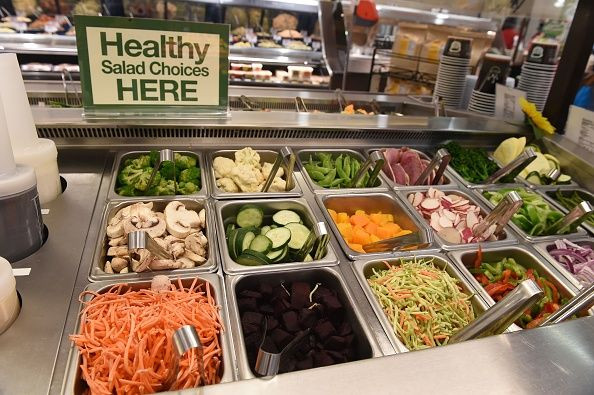Diet Tips For Diabetics: 7 Healthy Ways To Lose Weight

Eating healthy while attempting to lose weight is critical for everybody, but if you have diabetes, picking the wrong diet to follow could hurt your overall well-being. Starvation diets and weight reduction pills are off-limits, but there are numerous well-known eating regimens that people with diabetes could adopt.
What would be good for you to eat?
If you have diabetes, concentrate on eating high-fiber, lean protein, fruits, fewer process carbs, organic products, vegetables, low-fat dairy and solid vegetable-based fats. For example, avocado, canola oil, nuts and olive oil are good choices.
Carbohydrate consumption should likewise be dealt with. Have your dietitian or nutritionist provide an objective carb number for snacks and dinners.
For the most part, ladies should go for around 45 grams of carbohydrates per meal, while men eat at least 60. In a perfect world, these would originate from complex carbs, organic products, vegetables and fruits.
Here is a list of seven diabetic friendly food that can help you with weight loss.
1. Pick your carbohydrates intelligently.
All carbs influence blood glucose levels so it's essential to know which sustenances contain sugars. Pick the more beneficial sustenances that contain carbs and make sure to know your proper portion sizes.
Here are a few of those choices:
- fruits,
- vegetables,
- whole grains (Brown rice)
- whole oats,
- chickpeas, lentils, beans
- milk and yogurt.
The American Diabetes Association has posted the list of most useful foods for diabetic patients.
2. Reduce your salt intake.
Eating heaps of salt can increase the danger of hypertension, which can, in turn, lead to stroke or heart disease. A diabetic patient has even greater risk of acquiring these conditions.
Attempt to limit yourself to 6 grams (one teaspoonful) of salt per day.
3. Be shrewd with tidbits.
If you want a snack, pick yogurts, fruits, unsalted nuts, seeds and vegetables rather than bread rolls, chips crisps and chocolates. Make sure to keep track of your portions – it'll help you watch out for your weight.
4. Drink liquor reasonably.
Liquor or alcohol is high in calories, so on the off chance that you do drink and you're attempting to get thinner, consider curtailing. Attempt limit yourself to 14 units every week. In addition, make sure to spread it out so you can avoid binge drinking.
On the off chance that you take insulin or different diabetes drugs, don't drink on an empty stomach.
5. Pick healthier fats.
We need fat in our diet since it gives us vitality. With that being said, many types of fat influence our well-being in various ways.
The good types of fat are in foods like avocados, unsalted nuts, rapeseed oil, seeds, sleek fish, olive oil and sunflower oil.
Some soaked fats can increase the cholesterol in your blood, escalating the risk of heart issues. These are chiefly found in prepared foods and animal products such as:
- red meat
- ghee
- margarine
- bread rolls, cakes, pies, and baked goods.
6. Eat heart-healthy fish.
Eat fresh fish no less than two times every week. Salmon fish, tuna, mackerel and sardines are wealthy in omega-3 unsaturated fats, which may forestall coronary illness.
Fried fish is not as healthy for a diabetic patient so try to avoid it.
7. Remember to keep moving.
Being more physically dynamic goes hand in hand with eating healthy. It can help you deal with your diabetes and furthermore diminish the danger of heart issues. This is on the basis that it increases the measure of glucose utilized by your muscles and enables the body to utilize insulin all the more effectively.
© Copyright IBTimes 2025. All rights reserved.





















